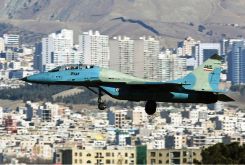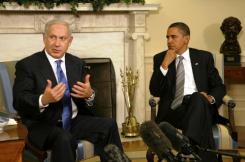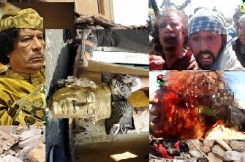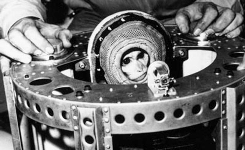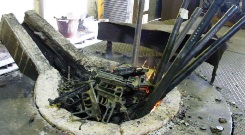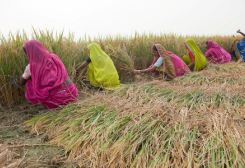By Jeremy R. Hammond* | IDN-InDepth NewsAnalysis
TAIPEI (IDN | Foreign Policy Journal) – The January/February issue of Foreign Affairs features an article titled ‘Getting to Yes With Iran: The Challenges of Coercive Diplomacy‘ by Robert Jervis. By ‘Getting to Yes’, of course, Jervis means compelling Iran to obey Washington, and by the Orwellian phrase “Coercive Diplomacy”, of course, means issuing ultimatums and threats of criminal violence.

